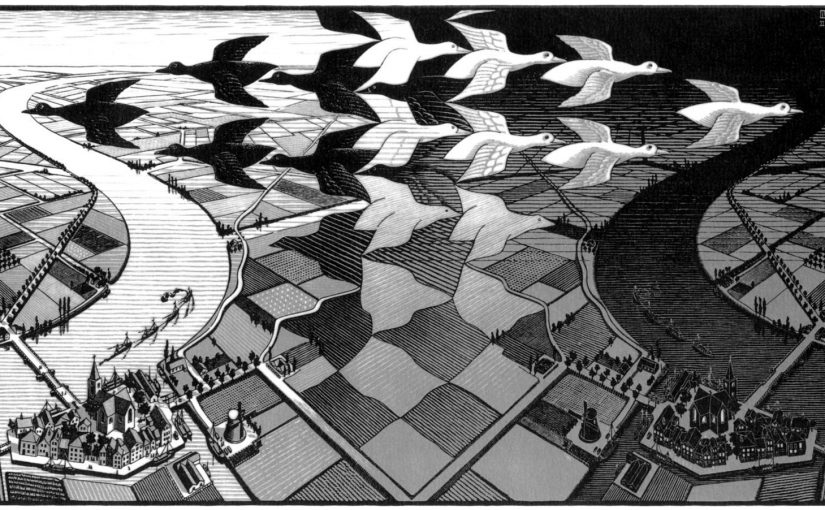The Queen of the Sciences Lab investigates logical reasoning and mathematical thinking among children and adults, using correlational and experimental methods and formal cognitive modeling. We aim to advance psychological theory by applying it to topics that have educational relevance, and to inform educational practice by viewing these topics through the lens of psychology.
Current projects
Deductive Reasoning in Math and Other Domains. This project aims to understand how people generate and evaluate deductive arguments. We study how performance on deductive reasoning tasks varies as a function of domain (e.g., math vs. other domains), item characteristics, and individual differences. Collaborators include Matthew Inglis and Lara Alcock at Loughborough University, and Anna Rafferty at Carleton College. Relevant publications: Braithwaite & Rafferty (2025)
Interpretations of Conditionals in Math and Other Domains. Conditionals, or if-then statements, play a critical role in logical reasoning. This project aims to understand how people interpret and evaluate the truth of conditionals in math and other domains. Relevant publications: Braithwaite (2025)
Reasoning in Mathematical Problem Solving. This project aims to understand how logical reasoning contributes to problem solving in math and how logical reasoning in math differs (if at all) from logical reasoning in everyday contexts. We study participants’ spontaneous uses of logical reasoning while solving problems in probability, algebra, and geometry, and compare performance on logical reasoning tasks involving mathematical and non-mathematical content. Relevant publications: Braithwaite & Shrager (2025)
Previous projects
Children’s Arithmetic. This project aims to create a unified theory of children’s arithmetic development, implemented as a computational cognitive model. The theory should account for how children learn and do arithmetic with different types of numbers (e.g., whole numbers, fractions, and decimals) and should explain how procedural and conceptual knowledge interact in this context. This work is funded by National Science Foundation Award #1844140 and is in collaboration with Robert Siegler at Teacher’s College, Columbia University.
Executive Function in Math.This project uses individual difference paradigms to investigate the roles of different executive functions—working memory, inhibition, and shifting—in math problem solving. The project is led by Qiushan Liu.
Explicit Instruction in Math.The goal of this project is to evaluate different approaches to explicit instruction in math, focusing specifically on fraction arithmetic. The project tests for interactions between two instructional factors: explaining procedures and interleaving practice. This project is in collaboration with Garret Hall in the FSU College of Education.
